THAILAND-SOLDIERS-300x204.jpg" alt="Thai soldier. (Photo: AA)" width="371" height="252" /> Four Muslim men killed by Thai security forces in a raid last month had no links to a separatist insurgency plaguing the country’s south. (Photo: AA)
Bangkok, 19 Jumadil Akhir 1436/8 April 2015 (MINA) – Four Muslim men killed by Thai security forces in a raid last month had no links to a separatist insurgency plaguing the country’s south, according to a report released by an investigation committee Tuesday.
The military had said the March 25 raid was launched after informers warned of an impending attack on To Chud village, Pattani province, while police claimed to have only fired after being shot at while approaching the group, Anadolu Agency quoted by Mi’raj Islamic News Agency (MINA) as reporting.
Two of the killed men, aged between 23- and 32-years-old, had allegedly been linked to the Rundan Kumpulan Kecil (RKK) — one of the most active separatist groups in the south.
Waedueramae Mamingi, the Pattani Central Islamic Committee chairman who led the investigation committee, cast doubt on the military account.
Also Read: UN Experts Warn Right Violations in Kashmir by Indian Authorities
“The committee concluded that the four deceased were not extremists and were not members of any extremist group,” he told the Isra News Agency Tuesday.
He said there was no “clear evidence” linking the dead men to the automatic rifles reportedly found near their bodies, and also expressed skepticism on “other points about the raid.”
The 15-member committee – made up of government officials, military representatives and religious leaders — recommended that the officers involved in the raid be prosecuted and the families of the victims financially compensated.
Seven soldiers involved in the raid will be charged “in mid-April,” the Khaosod news website cited police as saying. The group had failed to report to police for their first summons last week.
Also Read: At Least Nine Children and One Woman Killed in Pakistani Airstrike on Afghanistan
The committee had been formed after the victims’ parents and community leaders strongly disagreed with the military’s account of the incident. The results of the investigation were set to be released last Friday, but were postponed due to “internal debate and contradictory points,” according to Mamingi.
In the past, innocent Muslim civilians have been killed by overzealous military, police or paramilitary forces.
Last September, an army ranger shot and killed a 14-year-old teenager who was riding his motorcycle in Narathiwat province. He then placed a gun in the boy’s hand and claimed he was an insurgent.
A police investigation concluded that the military volunteer had tried to cover up the assassination and he was charged with manslaughter.
Also Read: Pakistan Condemns Israeli Settler Attacks in West Bank, Al-Aqsa Storming
The three southernmost Thai provinces – Pattani, Yala and Narathiwat – constituted an independent Islamic sultanate with great religious influence in the Southeast Asian Muslim world until it was incorporated into Siam after a 1909 Anglo-Siamese agreement.
Great Britain was then the colonial master in Malaysia and exerted a degree of control over the region.
From 1938, a virulently nationalistic campaign organized by the government of Field Marshall Phibulsongkhram tried to impose Thai cultural norms on Malay Muslims, who reacted by asking for some degree of political and cultural autonomy.
Things, however, turned for the worse in the 1960s, when military dictator Field Marshall Tarit Sanarat attempted to control Islamic boarding schools, locally known as pondoks.
Also Read: China Criticizes US-Drafted UN Gaza Resolution as Vague, Abstains from Vote
Several Muslim groups took up arms and started a guerrilla war against the Thai state.
The situation quieted down at the end of the 1980s and the “Southern problem” was considered solved. However, in January 2004, a new wave of attacks against the military, police and Buddhist monks shook the Thai government.
Since then, the violence has continued unabated. Outside of claiming the lives of more than 6,000 people, both Buddhists and Muslim, it has also left around 11,000 injured.
The civilian government of former premier Yingluck Shinawatra began a process in 2013 to restart peace dialogue with the insurgents, but it was overthrown in a coup last May.
Also Read: Former Bangladesh PM Sheikh Hasina Sentenced to Death
In the wake of the May 22 coup, the Thai junta announced its will to continue the official dialogue. Some insurgent groups, however, are reluctant to join as political autonomy has been excluded from the talks. (T/P001/P3)
Mi’raj Islamic News Agency (MINA)
Also Read: Pakistan Declares State of War After Car Bomb Incident





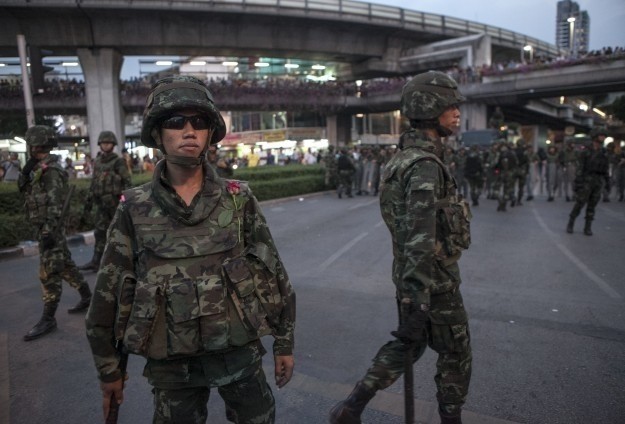

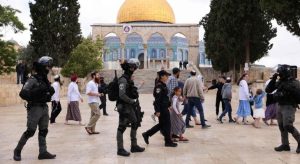
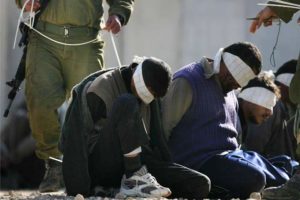

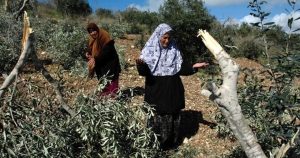

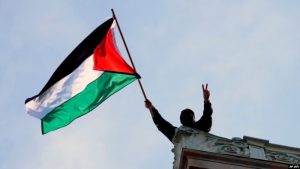

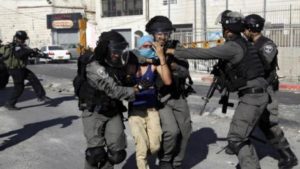
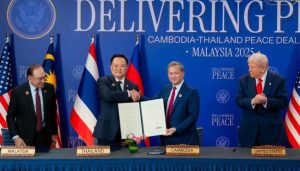
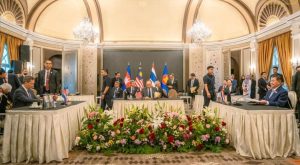
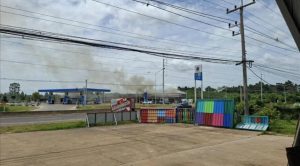

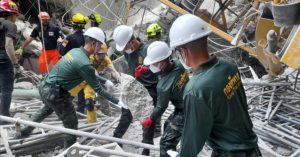














 Mina Indonesia
Mina Indonesia Mina Arabic
Mina Arabic